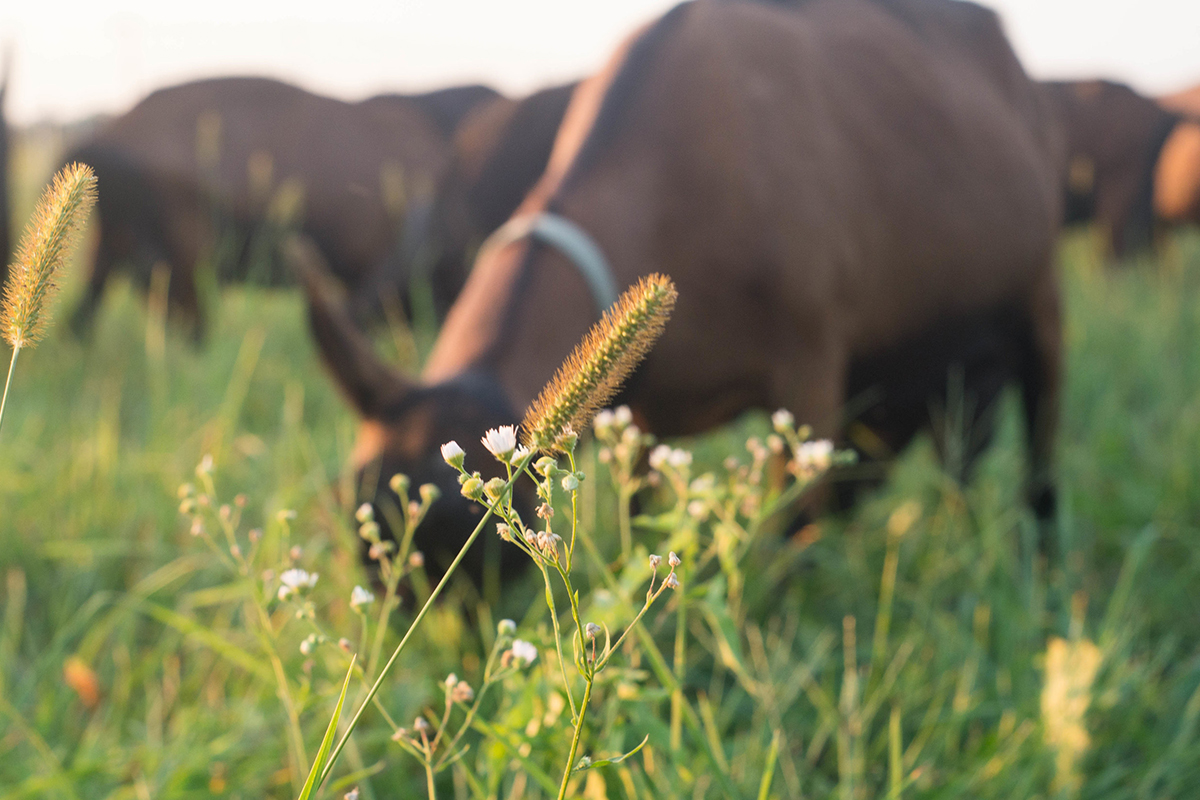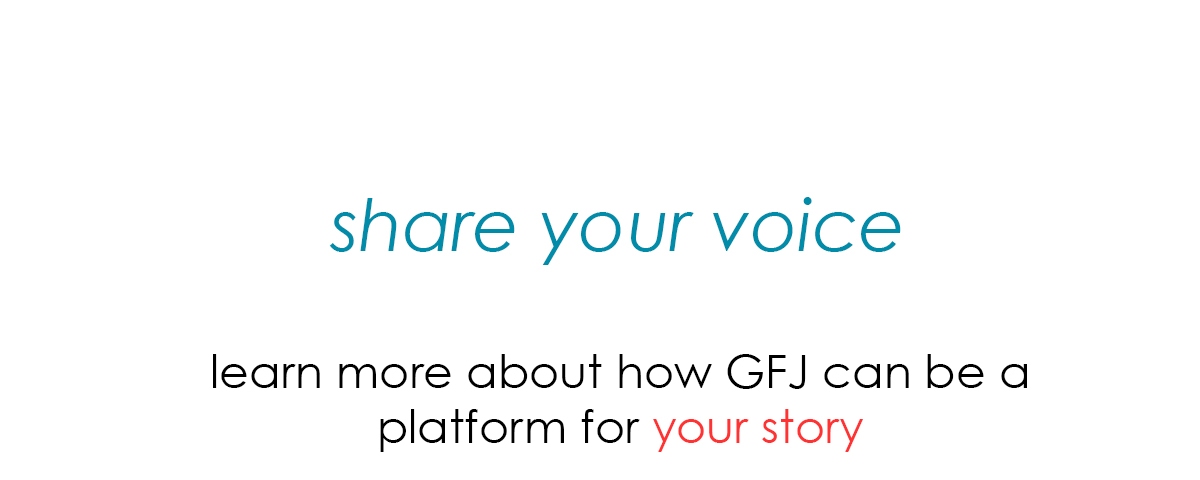|
This week's newsletter was written by GFJ's own Samantha Spigos, who works behind the scenes to bring humanity to our customer service approach. Sam is also a mother, knitter, gardener and morning person. A Midwesterner who now calls Vermont home, she is most often wearing pink.
I WAS HIRED FOR MY FIRST FARMING JOB ...
when I was 19. During the phone interview the farmer asked me if I was a vegetarian (I was) and let me know without mincing words that I wouldn’t be able to withstand the rigors of farm work if I didn’t eat meat.
Instead of maintaining a piece of my identity that I had been enjoying, I started eating meat. I was ready to do anything to show that I was up to the task.
I was expected to come in after a ten hour day in the fields and itemize my day down to the minute. When and where was I weeding? How much time did I spend harvesting lettuce? How long did it take to mop the washroom floor? My whole day was supposed to fit into a tiny box on a sheet of paper. It was demoralizing.
More than the bitter taste it left in my mouth, it spoke to the greater pressure that is put on entry-level farm workers every day, which I felt but could not name at the time: You are only worth your labor.
Even when I was no longer an entry-level farm worker, and had advanced to the role of managing a mid-sized farm, I could hardly bear to call myself a Farmer. It was easier to say, “I manage a farm.” I craved being valued for who I was and what I brought to the table—not just my skill set, but my personhood—but felt quieted by the internalization that I was only worth my labor.
This illusion was made realer by the lack of monetary value placed on my work. I was underpaid and undervalued as an entry-level farm worker, yet I showed up every day ready to work until the work was done. For my part, I was childless at the time and had enough of a safety net to manage that path for a few years. My story is not unique. I am among scores of others who have worked tirelessly on other people’s farms because we want to know if farming could be not just our job, but our career. Entry-level and early career farm workers are often the most passionate and dedicated members on a farm crew - not yet burnt out or setting their sights on a farm of their own. And yet, so often they are regarded not as being early in their career, but as being simply ‘inexperienced’.
I love to imagine how different the field of farming could look if the expectation was for farmers to treat their labor force as more than their labor. How transformational might my - or your - first farm job have been if it weren’t so transactional? What would happen if employers genuinely invested in entry-level workers through mentorship and monetary compensation?
There are many farmers and farm workers out there clearing a new path forward. Many of them post jobs here on GFJ, and I have the pleasure of corresponding with them about the quality and inspiration their job descriptions bring. We have them in mind when we define what it means for our small business to set a new standard. But for those who still need to hear it, we are here to repeat it: You are worth more than your labor.
Yours in food justice,
Sam
photo by Samantha Spigos
|

